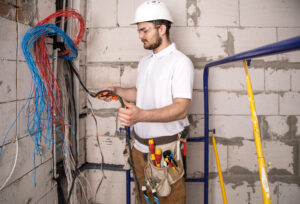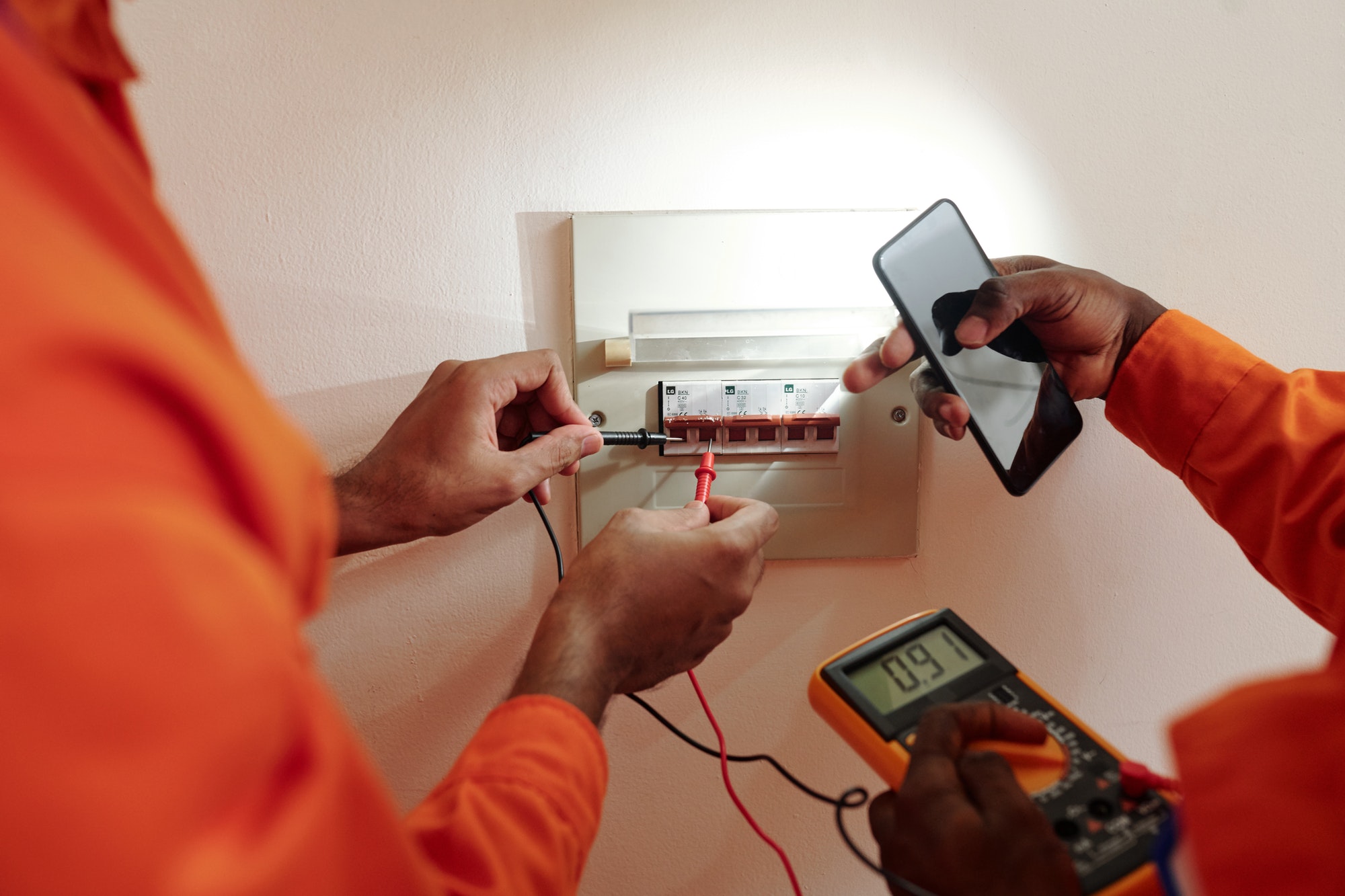In the bustling metropolis of London, commercial properties are the lifeblood of business activity. Whether you’re opening a new retail store, setting up an office, or expanding your operations, ensuring that your property meets electrical requirements is crucial. This guide aims to provide London businesses with essential information to navigate the complexities of electrical compliance and safety.
Understanding Electrical Requirements
Electrical requirements for commercial properties in London are governed by a combination of national regulations and local codes. The primary legislation includes:
- The Electricity at Work Regulations 1989: This regulation mandates the safety of electrical systems and appliances in the workplace.
- Building Regulations Part P: This part specifically deals with electrical safety in dwellings, which can apply to some commercial premises.
- BS 7671 (IET Wiring Regulations): The standard for electrical installations in the UK, detailing the requirements for design, installation, inspection, and testing.
Initial Steps for Compliance
1. Conduct a Thorough Assessment
Before embarking on any electrical work, conduct a comprehensive assessment of your property. Identify the existing electrical infrastructure, including wiring, sockets, lighting, and any specialized equipment. Engage a qualified electrician to evaluate the condition and capacity of your electrical systems.
2. Plan for Future Needs
Consider your business’s growth and future needs. Will you need additional power for new equipment or technology? Planning for future requirements can save time and money in the long run, ensuring that your electrical systems can handle increased loads.
Engaging Professional Services
1. Hire Qualified Electricians
Always engage electricians who are registered with a recognized scheme, such as the National Inspection Council for Electrical Installation Contracting (NICEIC) or the Electrical Contractors’ Association (ECA). Registered electricians are regularly assessed to ensure they meet industry standards.
2. Obtain Necessary Permits
Some electrical work may require permits from local authorities. Your electrician can help you determine what permits are necessary and assist with the application process.
Key Electrical Installations
1. Lighting
Proper lighting is essential for safety and productivity. Consider installing energy-efficient LED lighting, which can reduce energy consumption and lower electricity bills. Emergency lighting is also critical in commercial properties to ensure safe evacuation during power outages.
2. Power Outlets and Circuits
Ensure that you have an adequate number of power outlets to meet the needs of your business. Overloading circuits can lead to electrical fires. Consider installing dedicated circuits for high-power equipment to prevent overloading.
3. Safety Systems
Install safety systems such as residual current devices (RCDs) and circuit breakers to protect against electrical faults. Regular testing and maintenance of these systems are vital to ensure they function correctly.
Maintenance and Inspections
1. Regular Inspections
Regular electrical inspections are a legal requirement for commercial properties. The frequency of inspections depends on the type of business and the nature of the electrical installations. Typically, an Electrical Installation Condition Report (EICR) should be conducted every five years or more frequently for high-risk environments.
2. Preventive Maintenance
Implement a preventive maintenance program to identify and rectify potential issues before they become major problems. This includes routine checks of wiring, connections, and equipment.
Energy Efficiency
1. Optimize Energy Use
Energy efficiency is not only good for the environment but also for your bottom line. Implement measures such as automated lighting controls, energy-efficient appliances, and regular energy audits to optimize energy use.
2. Renewable Energy Solutions
Consider incorporating renewable energy solutions such as solar panels or wind turbines. These can significantly reduce your reliance on grid electricity and lower your energy costs.
Conclusion
Meeting electrical requirements for commercial properties in London is a multifaceted task that demands careful planning, professional expertise, and ongoing maintenance. By understanding the regulations, engaging qualified professionals, and prioritizing safety and energy efficiency, London businesses can ensure that their electrical systems are robust, compliant, and future-proof. Investing in proper electrical infrastructure not only safeguards your business but also enhances productivity and operational efficiency.





